As a result of the 44-day war unleashed by Azerbaijan against the Republic of Artsakh on September 27, many residents of Artsakh were forced to flee their homes under direct security threat.
Mediamax tried to find out the ways to solve their problems both in the work of the government and in international instances.
Refugee status
According to data of the Migration Service of the Armenian Ministry of Territorial Administration and Infrastructure, the number of displaced persons from Artsakh during the war exceeded 93 300 (accuracy 2-3%). However, they don’t have a legal status of “refugee”.
According to the Migration Service, Article 1 (E) of the Geneva Convention relating to the Status of Refugees provides that “this Convention shall not apply to a person who is recognized by the competent authorities of the country in which he has taken residence as having the rights and obligations which are attached to the possession of the nationality of that country.”
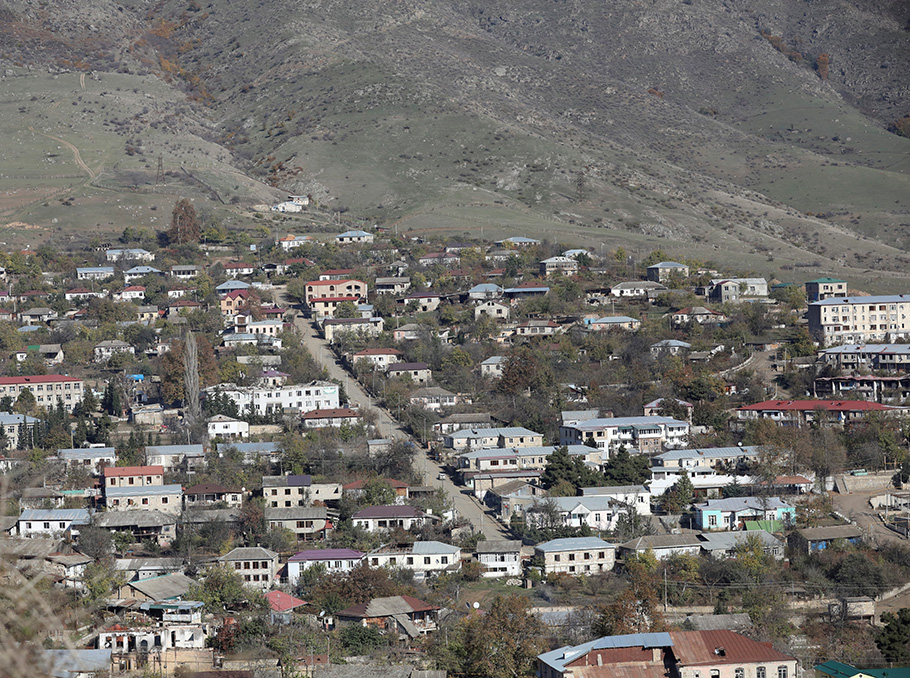
Photo: REUTERS
In accordance with a 24 February 1999 agreement with NKR (Nagorno-Karabakh Republic) on the “organization of the passport system”, Armenia issues passports to residents of the NKR in certain circumstances. Article 1 of the agreement reads:
“The Parties agree that their citizens have the right to free movement and residence on the territory of each of the Parties.”
Thus, displaced persons from Artsakh do not receive a status of refugee or asylum-seeking persons because they do not meet the requirements of the law. However, according to the Migration Service, these regulations do not in any way affect the socially vulnerable status of displaced persons, because in terms of social status they are considered to be “in a refugee-like situation”.
Protection of rights in the ECHR
According to Levon Gevorgyan, expert in international law, at the moment there are no short-term solutions that will directly solve the issue of returning displaced persons from Artsakh to their homes. Nevertheless, there is a specific procedure that the state is currently initiating.
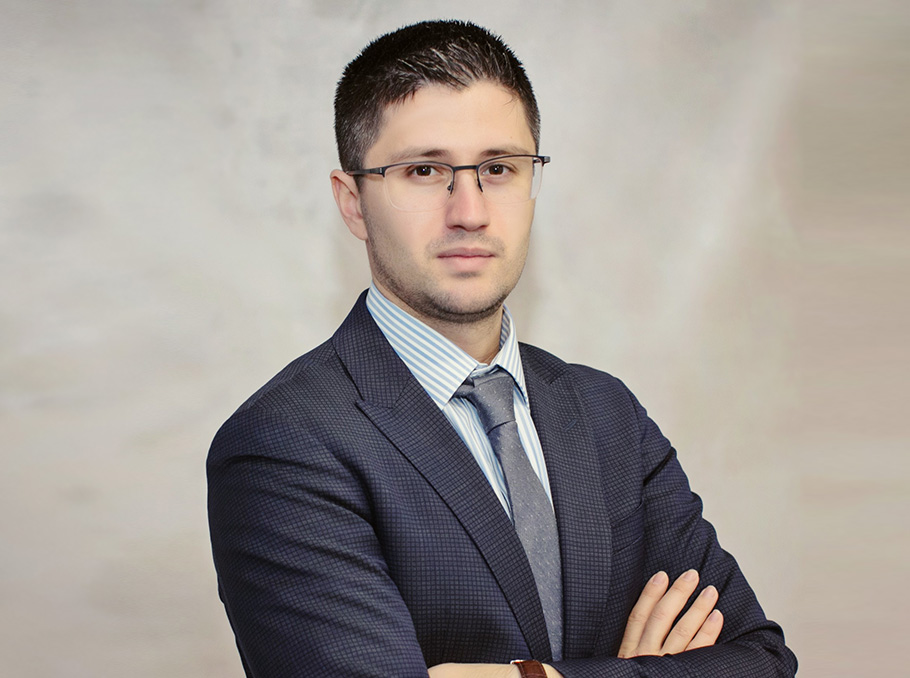 Levon Gevorgyan
Levon GevorgyanPhoto: from personal archive
“Armenia will file an inter-state lawsuit in the European Court of Human Rights against Azerbaijan. Within the case, the Armenian side will raise issues related to violations committed by the Azerbaijani side during the war: human rights violations, cases of torture, destruction of property, violations of the right to life, the right of return of relevant persons. This is not a two-year process of course, the trial may last 5 years and more,” he said.
The expert pointed out that the deprivation of property of the people of Artsakh is one of the components of the lawsuit filed in the ECHR. It includes lands, houses and all property that individuals have been deprived of not only as a result of hostilities but also as a result of the November 9 document.
Alternative to justice - eviction of Armenians
Speaking about political statements considering the prospect of coexistence of Armenians and Azerbaijanis, Levon Gevorgyan says they are not realistic.
“Coexistence is impossible until all the war criminals, all the officials propagating discrimination are brought to justice, and until the state accepts it. Coexistence is impossible without the restoration of justice both from the point of view of human rights and security. How can we speak about coexistence when only a couple of days ago, the leader of Azerbaijan stated in his official speech that one of the reasons for their victory was that they raised their young generation in the spirit of Armenophobia,” the expert said, adding that the Armenian side has plenty of such examples in its evidence base.
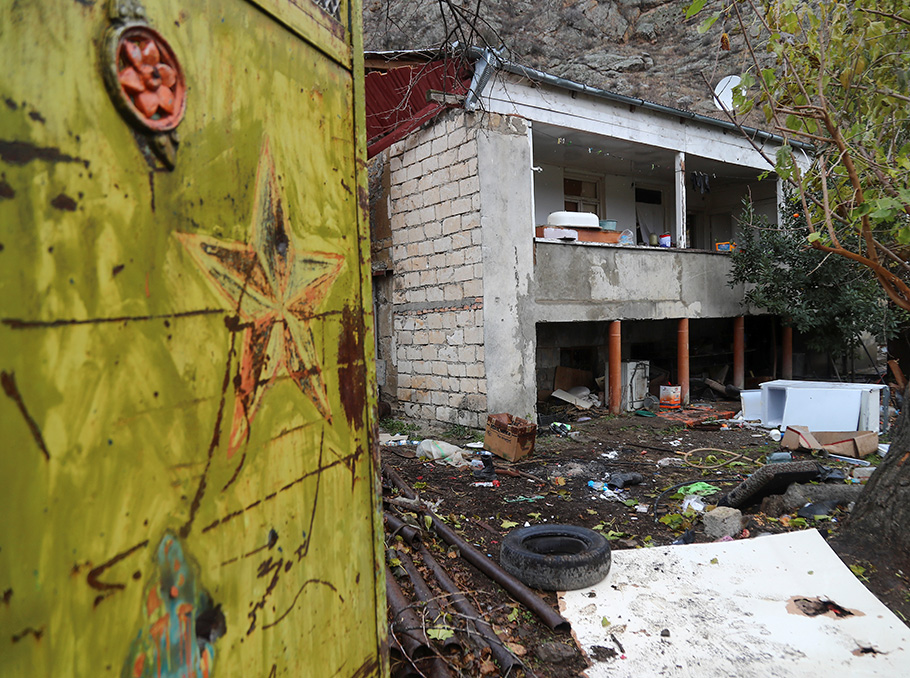
Photo: REUTERS
According to Levon Gevorgyan, in international legal processes, the recognition of the right of individuals to return to their ancestral homes, as well as the recognition of responsibility of Azerbaijan for ethnic cleansing should be a priority for Armenia.
“As for how the lawsuit will be used from the political-negotiation point of view is a longer process. The international recognition of Artsakh should be a priority for Armenia, at least within the borders that made up the territory of the Nagorno-Karabakh Autonomous Region in Soviet times. Only after that we can talk about safe return,” the expert said.
Racial discrimination and Armenophobia
Levon Gevorgyan emphasizes the evidence base Armenia has to succeed in international legal processes. This also refers to Armenia’s November 11 notification to Azerbaijan on the violation of the UN Convention on the Elimination of All Forms of Racial Discrimination. According to the expert, the process launched within that framework should lead to certain negotiations between the parties, and if Azerbaijan doesn’t accept its responsibility, in all probability Armenia can file a lawsuit in the UN International Court of Justice.
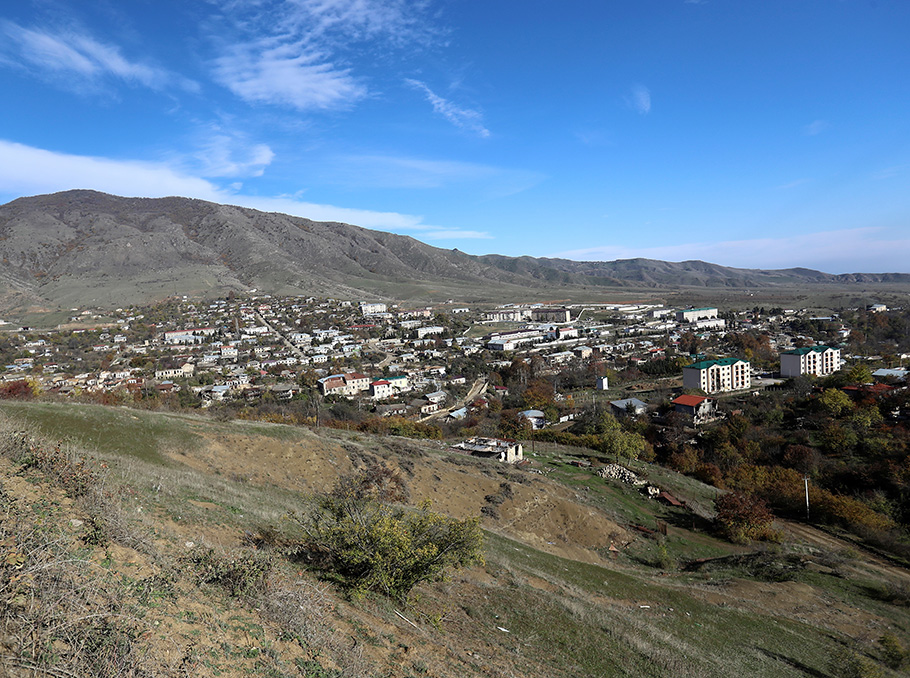
Photo: REUTERS
“There are also grounds to speak about violations of the International Convention against the Recruitment, Use, Financing and Training of Mercenaries. Armenia should use this whole toolkit. From the point of view of the European Court case, the evidence base is huge. The same applies to serious violations of the Convention on the Elimination of All Forms of Racial Discrimination, because we are talking not only about Azerbaijan’s recent policy, but also about the policy pursued by that country over the past 20 years - from destruction of cultural heritage, distortion and falsification of history, to hate speech propaganda and glorification of those who committed violent crimes against Armenians,” Gevorgyan said.
Diplomatic struggle
From time to time, Azerbaijani media reports that Azerbaijan is going to sue Armenia for destruction of its property, sale of cultural heritage and for other unfounded reasons. According to Levon Gevorgyan, Azerbaijan’s appeal to international bodies is more than expected.
“They hastily submitted an inter-state lawsuit in the ECHR. Azerbaijan, which used terrorists in the war, is already bombarding the UN, claiming that it was Armenia that had used mercenaries and terrorists and presenting Armenians who had arrived in Armenia from other countries and volunteered (during the war) as terrorists. They will still proceed with this nonsense, which contradicts the international standards of humanitarian law. This is also work to be done on diplomatic and information platforms, where we are clearly losing,” he said.
Social-economic problems
Since the beginning of the war, it has been very important to meet the needs of those who came spontaneously from Artsakh. The Operative Headquarters of the Artsakh Government has started its work in the territory of Armenia since late October 2020. In cooperation with responsible bodies of the Armenian Government and non-governmental organizations, it deals with the coordination of socio-economic problems of displaced persons from Artsakh.
Mikael Virabyan, the coordinator of the Headquarters’ activities, noted that the main problems they faced were the provision of accommodation, hot food and warm clothes to the people of Artsakh, the solution of issues related to education, medical treatment and medicine.
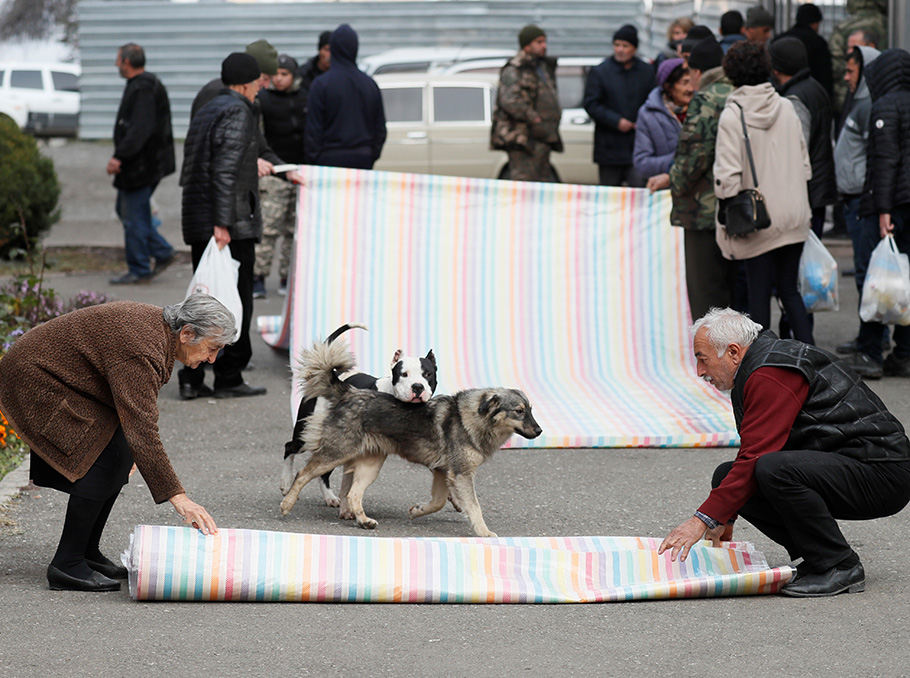
Photo: REUTERS
The Armenian government has initiated more than a dozen assistance programs for this purpose. The first one was the provision of one-time financial assistance in the amount of AMD 68,000 to each beneficiary, and additional AMD 15,000 to the beneficiaries who don’t have property. According to Mikael Virabyan, more than 58% of program beneficiaries have received support in the territory of the Republic of Artsakh, which suggests that most of the displaced persons have already returned to their homeland.
Other government assistance programs envisage financial assistance to residents of areas that are now under the control of Azerbaijan, those who lost property as a result of the war, and the families of victims, wounded and missing persons.
The first stage of the housing program in Artsakh has also started, within the framework of which renovated and furnished houses located in rural communities of Askeran, Martuni, Martakert and Shushi regions will be provided to the residents of Artsakh in the coming months.
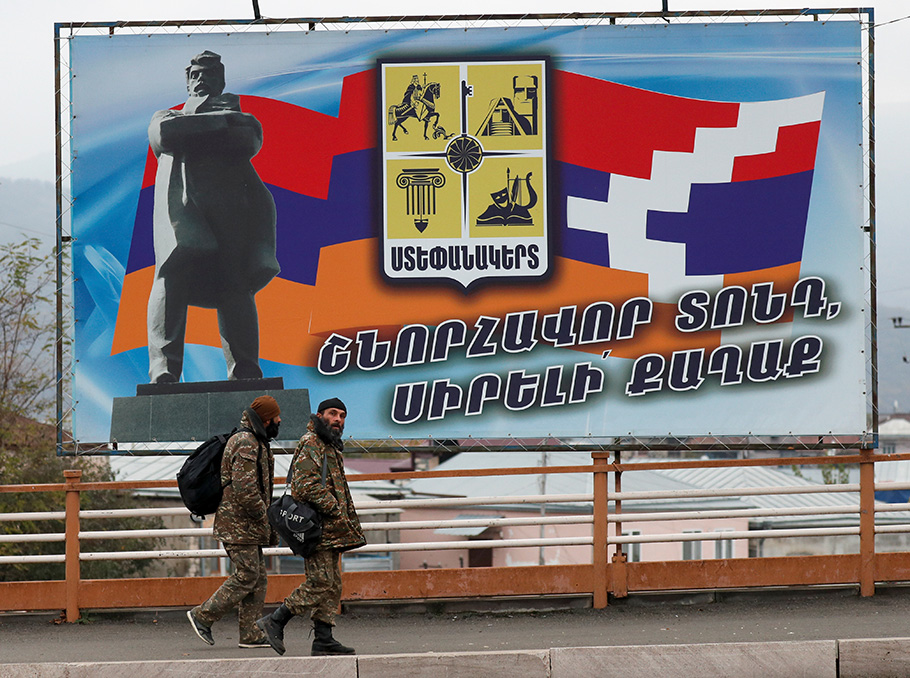
Photo: REUTERS
The Ministry of Labor and Social Affairs of the Republic of Armenia has launched two temporary employment programs for unemployed citizens of Artsakh who reside in the territory of Armenia as a result of the war. The first program envisages gaining professional experience for a period of 3 months, with a salary of AMD 100,000 (without taxes). Under the second program, the residents of Artsakh can be involved in community work with a daily salary of AMD 8,000 (including taxes).
Educational and health issues
According to the October 1 decision of the Government of the Republic of Armenia, persons arriving from Artsakh have the right to receive free medical care, hospitalized medical care, assistance with the use of high technologies and expensive equipment. They can go to the nearest clinic and get a referral if they need surgery.
During the war, the Ministry of Education, Science, Culture and Sport of Armenia took measures so that displaced children from Artsakh could attend school in their community, regardless of the number of places envisaged by the license of that school.
One of the assistance programs of the Armenian government envisages reimbursement of tuition fees of participants of war and their children, while the tuition of students of the Artsakh State University for 2020-2021 academic year will be reimbursed by the Government of the Artsakh Republic.
Gayane Yenokyan
















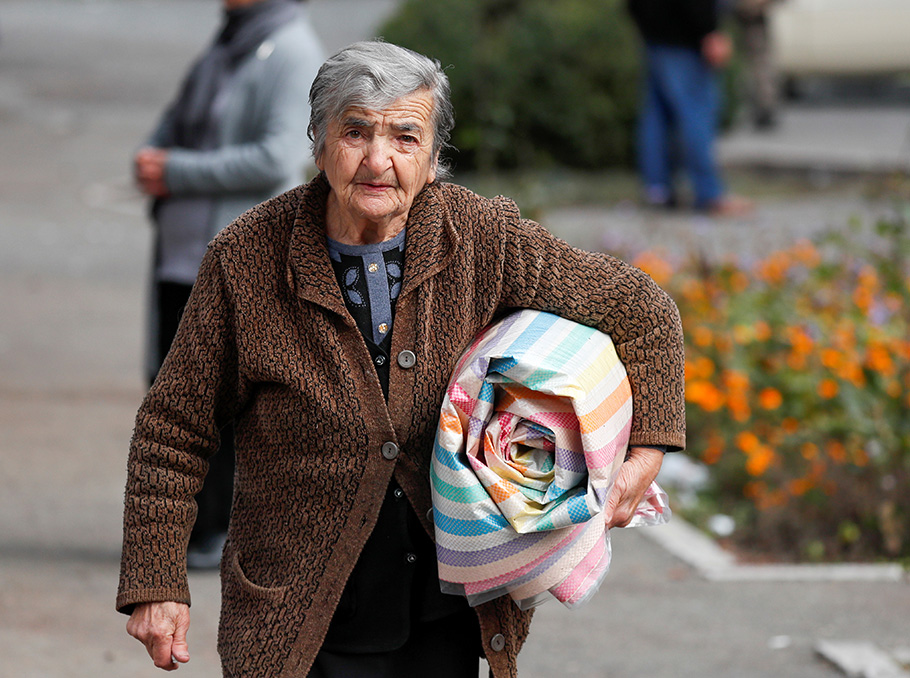

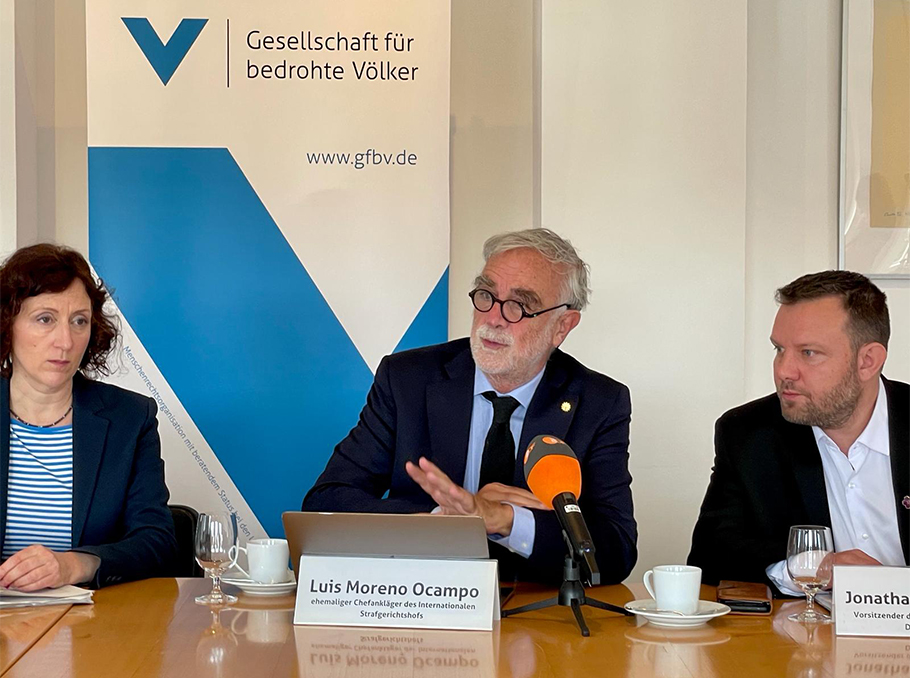
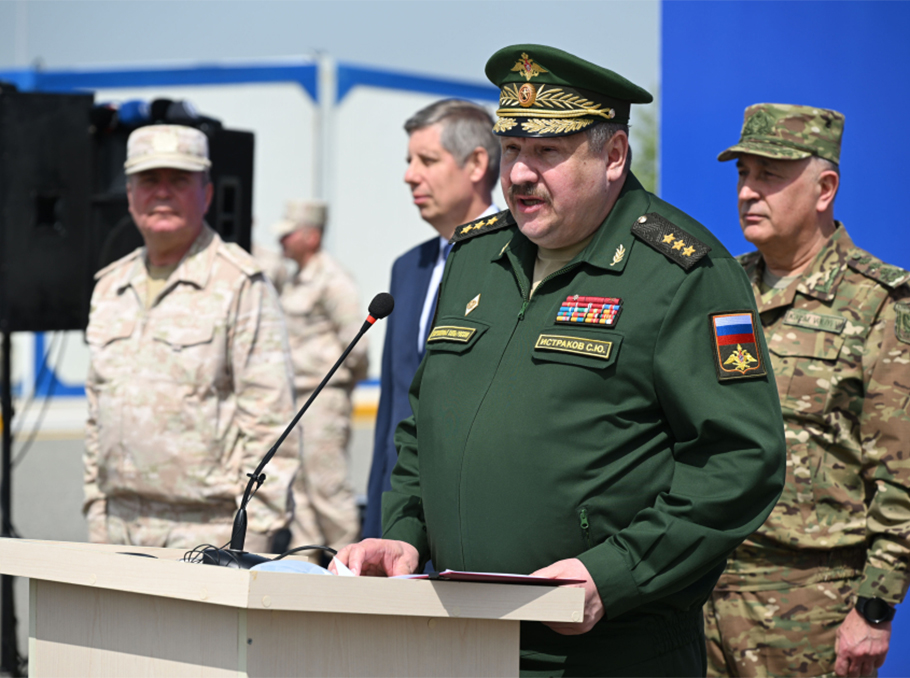
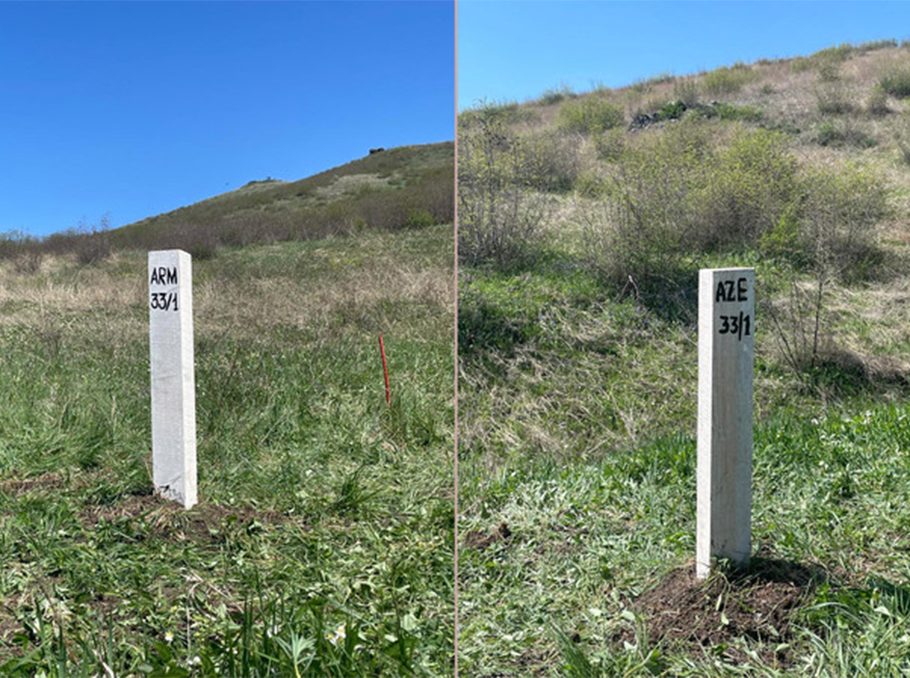





Comments
Dear visitors, You can place your opinion on the material using your Facebook account. Please, be polite and follow our simple rules: you are not allowed to make off - topic comments, place advertisements, use abusive and filthy language. The editorial staff reserves the right to moderate and delete comments in case of breach of the rules.